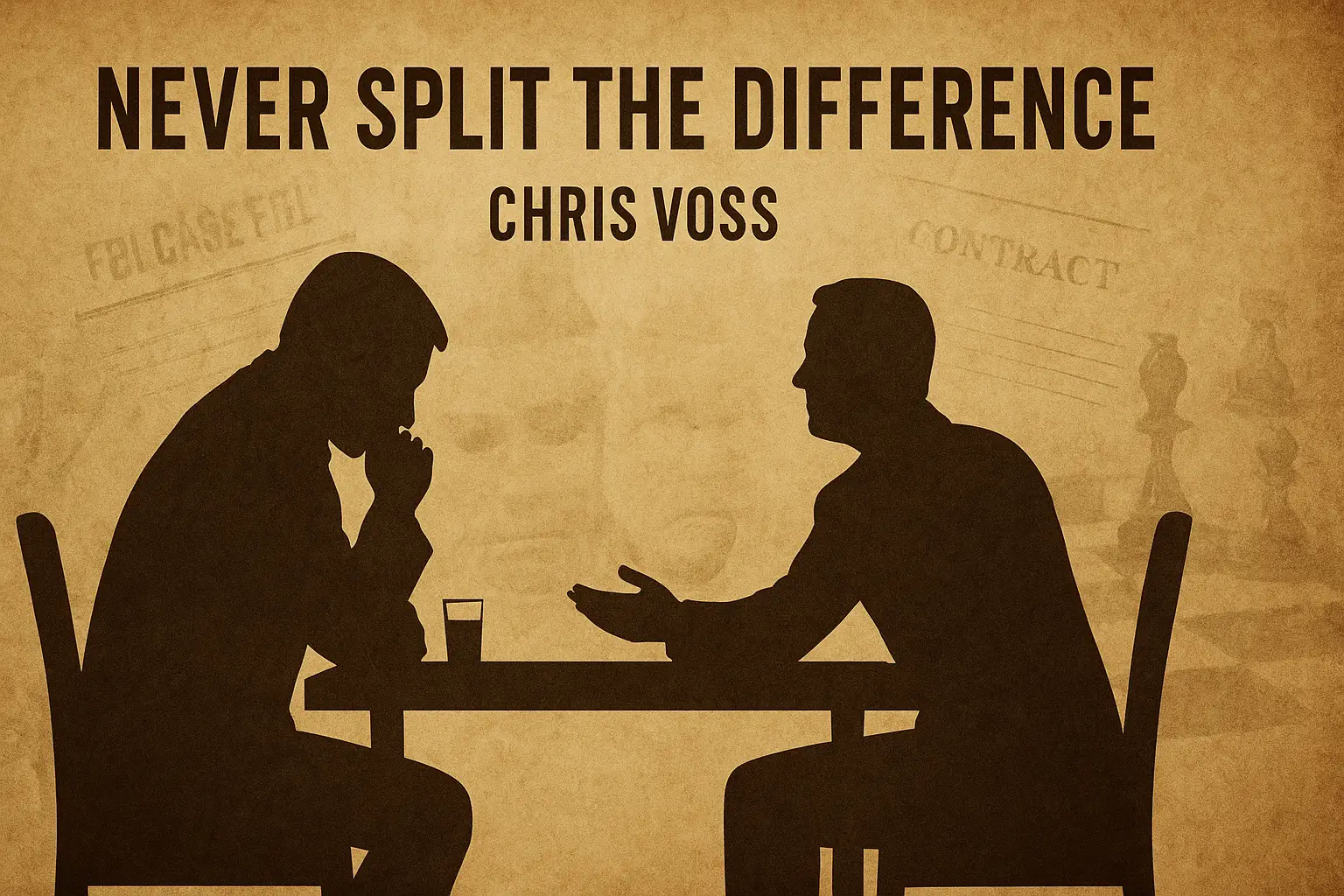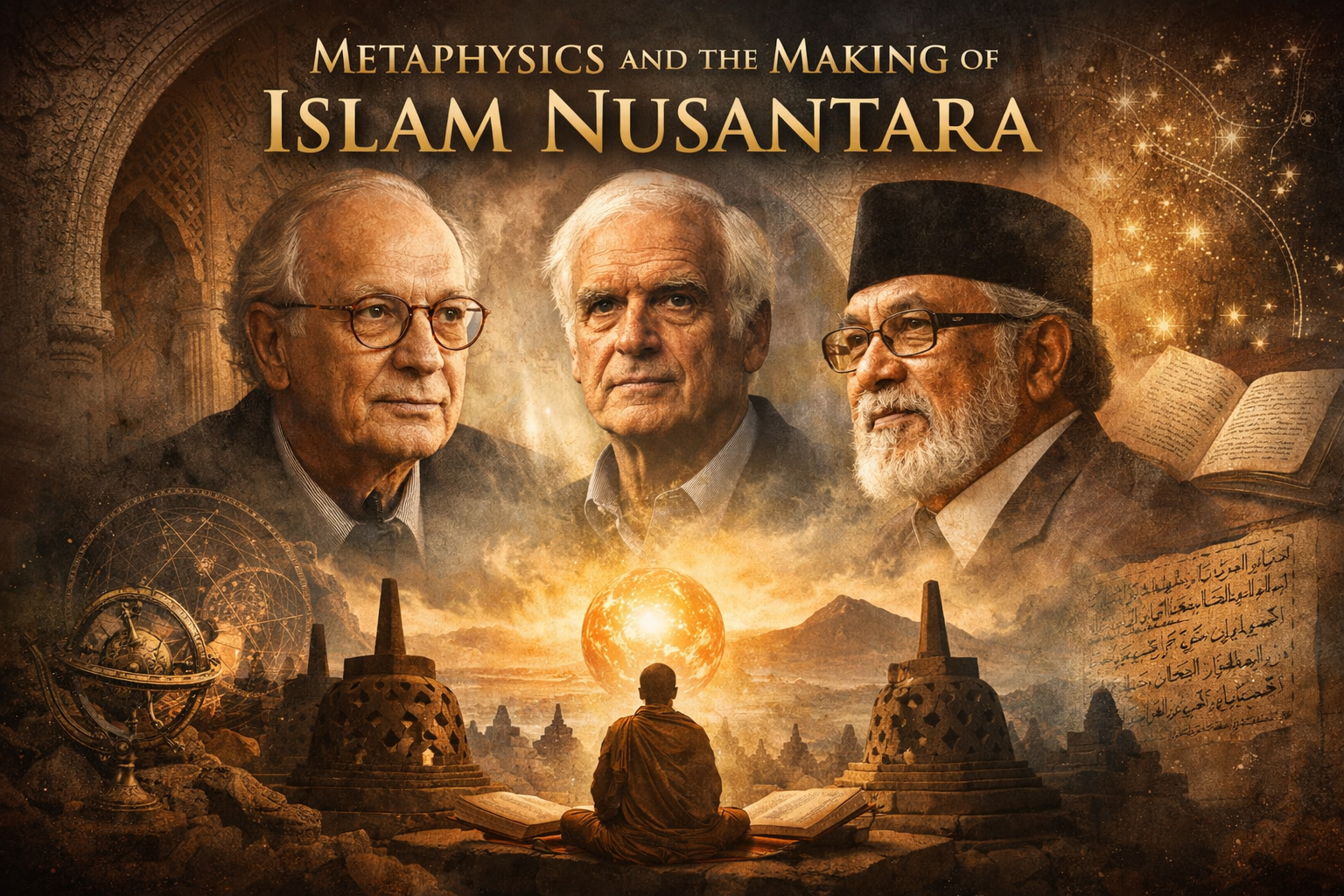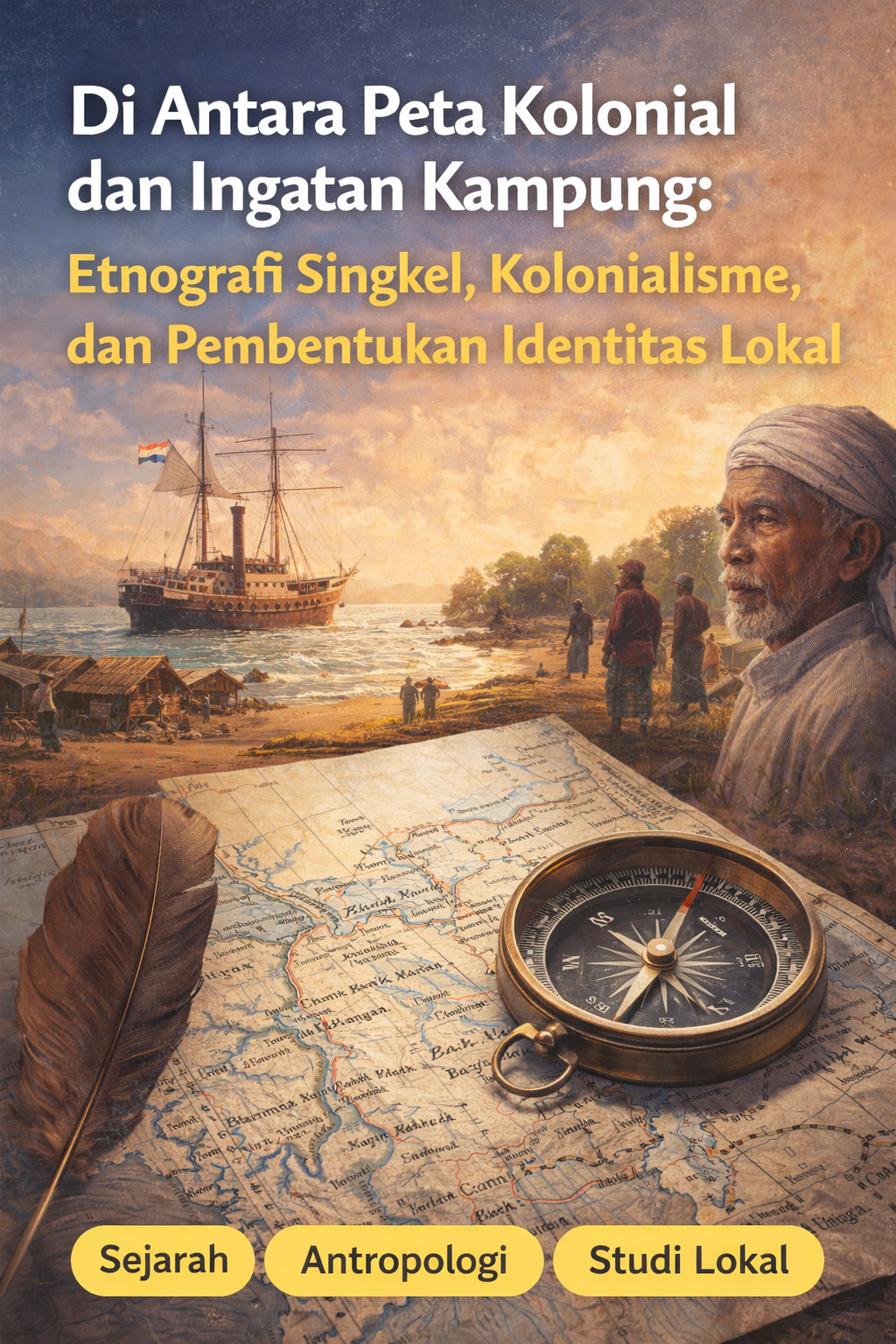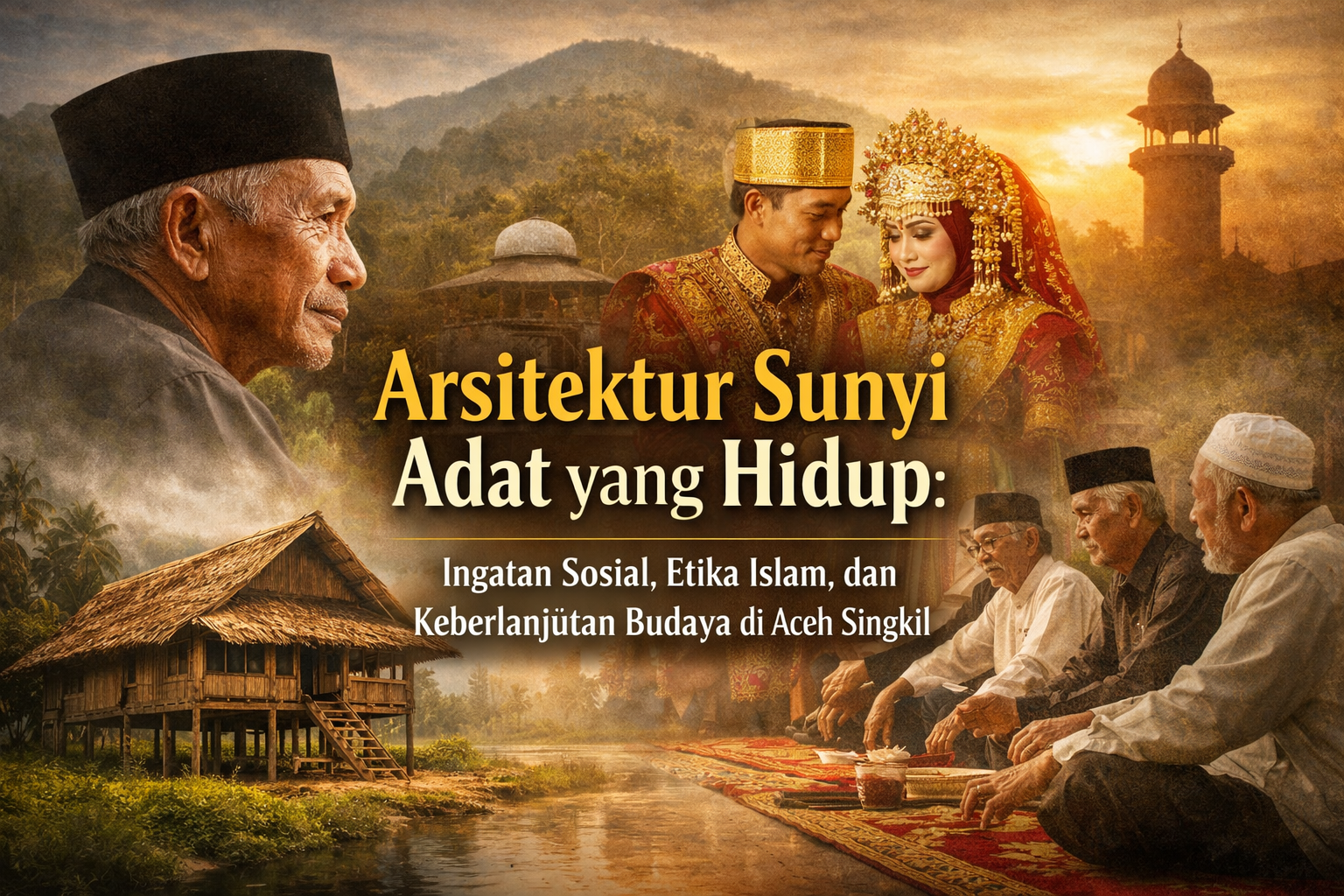Introduction
Chris Voss’s Never Split the Difference has become one of the most influential negotiation books of the last decade. Written by a former FBI hostage negotiator, it shifts the genre away from corporate abstractions and into the realm of life-or-death decisions. Voss argues that negotiation is not a sterile exchange of logic but an emotional, psychological contest where empathy and strategy determine survival. In today’s fragmented and distrustful world, his lessons resonate far beyond boardrooms. They apply to marriages, salaries, diplomacy, and even daily conversations.
Negotiation as Everyday Life
The book’s central claim is radical: we are always negotiating. Every conversation—whether with a boss, a partner, or a child—involves stakes, leverage, and outcomes. To live without negotiation skills is to live unprepared. Unlike traditional advice that celebrates compromise, Voss rejects the idea of “splitting the difference.” To compromise, he insists, is often to lose. Instead, true negotiation requires precision, control, and tactical empathy.
This reframing is why the book resonates globally. Readers recognize themselves in its stories: the car buyer who overpays, the employee who accepts less than they deserve, the parent who cannot get a child to listen. Voss insists that these are not trivial failures but fundamental lapses in survival skills.
Tactical Empathy and Psychological Weapons
Perhaps the book’s most striking contribution is its emphasis on tactical empathy. Negotiation, Voss argues, is not about aggression but about entering the other person’s world so deeply that they feel understood. This psychological maneuver disarms resistance, creating trust while maintaining control.
Voss introduces tools like “mirroring,” “labeling,” and “the calibrated question”—phrases that gently steer conversations while making opponents feel in charge. These techniques transform negotiation from confrontation into choreography. They give readers the sense that influence is not loud but quiet, not forceful but precise.
Negotiation in a Distrustful Age
The popularity of Never Split the Difference reflects the anxieties of our time. Institutions once trusted to mediate fairness—governments, companies, even families—often feel unreliable. Individuals sense they are on their own, responsible for securing their interests. Voss provides armor for this world: a language of survival that empowers readers to protect themselves against exploitation.
It also mirrors geopolitics. Just as individuals negotiate daily, nations negotiate constantly. Trade wars, ceasefires, and climate agreements unfold with the same psychological strategies Voss describes. His lessons collapse the distance between hostage crises and corporate deals, showing that power dynamics are universal.
The Critique of Manipulation
Critics worry that Voss’s methods risk manipulation, turning relationships into constant contests of control. His insistence on tactical empathy can sound cold, as though compassion is only a weapon. Yet the critique underestimates Voss’s central point: manipulation is already everywhere. To ignore it is not moral innocence—it is vulnerability. His book does not create manipulation; it reveals it.
Conclusion – The Negotiator’s Mindset
Never Split the Difference is more than a book about business. It is a philosophy of interaction. It insists that in a fractured world, negotiation is the defining human skill. Those who master it thrive; those who neglect it suffer. Voss’s text is both empowering and unsettling: empowering because it equips readers with tools, disturbing because it confirms that every interaction carries hidden stakes.
In an age where trust is fragile and survival feels uncertain, Voss has given the modern reader a weapon as essential as Greene’s laws: the negotiator’s mindset.








Leave a Reply